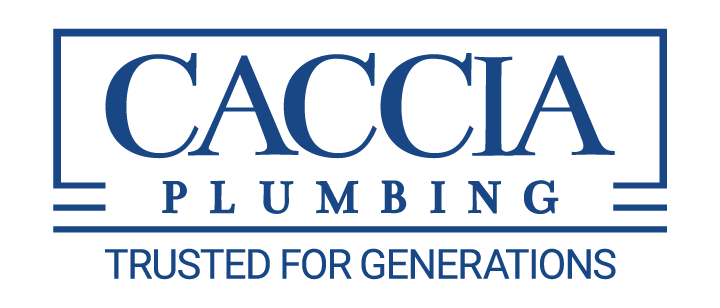You’ve probably been warned that pouring grease down your drain is a bad idea. A lot of homeowners think that pouring hot water down their drain will keep the grease from sticking, but sadly, that is not completely true.
Oil may go into your drain as a liquid but when it cooled, it sticks through the surface of your pipes and starts to harden, causing a build-up.
Always make sure to not pour grease down your sink drains. Put it into steel cans or any container, let it harden, and throw it in the trash. Here are three things that can happen as a result of pouring oil down the sink.
Consequences of Sewer Damage
Everything that goes down to your sink ends up in the sewer. When you pour any form of grease down to your grain, you’re sending down a compound that can hinder the flow of water.
Oils have a fatty base, so they end up binding with other substances that are found in the sewer, such as food particles and other products that are not supposed to be flushed down the pipes. As the buildup continues, it sticks to the walls of the sewer, creating what’s called a “fatberg.”
Fatbergs are extremely destructive to pipelines and sewer systems. It can expand into a large solid waste mass, depending on how long these issues go unrecognized and untreated and ultimately block the flow of wastewater and can even make pipes burst. This leads to flooding, backwashes, and rising repair bills until the fatberg can be removed.
Not only they can be dangerous to the sewer systems, but they can too be environmentally dangerous. Sewer surges and backwashes can store trash and raw sewage into the surrounding area. This contamination is harmful to plants and natural life and damaging to the environment. The only way to get rid of Fatbergs is to hire a professional plumber that will use a high-pressure water jet to break down the matter.
What to watch out for
Here are some of the fats, oils, and greases that should never go down in your drain:
- Butter
- Bacon grease
- Mayonnaise
- Peanut butter
- Poultry skins
- Salad dressing
- Cooking oils of any kind
- Coconut oil (including that used for oil pulling)
- Dairy products (because of their fat content)
- Drippings from chicken, pork, beef, etc.
- Gravy and other fat-based sauces
Proper Ways to Dispose Grease
You should never let cooking oils go down to your drainage. The best way to dispose used cooking oils is to wait till it cools down and solidifies, and then put it in an empty can, plastic bottle or any other sealable containers. Now, tighten the container lid and dispose the container in a trash bin.
On the other hand, you can take the solidified cooking oil and drop it off in a local recycling center. This oil can be utilized for making fuel for diesel engines. In that way, you contribute to the planet by recycling.
Conclusion
You have to handle used oils and grease properly. Pouring it down to your drains can surely clog and damage your main sewer line. Do your best to avoid throwing oils down your sink as this can result into an expensive and bothersome problem.
Despite the measures you may be taking, chances are, at some point, you might still face a serious drain clog. If you want to be certain that your drains are cleaned as thoroughly as possible, then give the professionals at Caccia Plumbing a call and we’ll do all the hard work for you.

